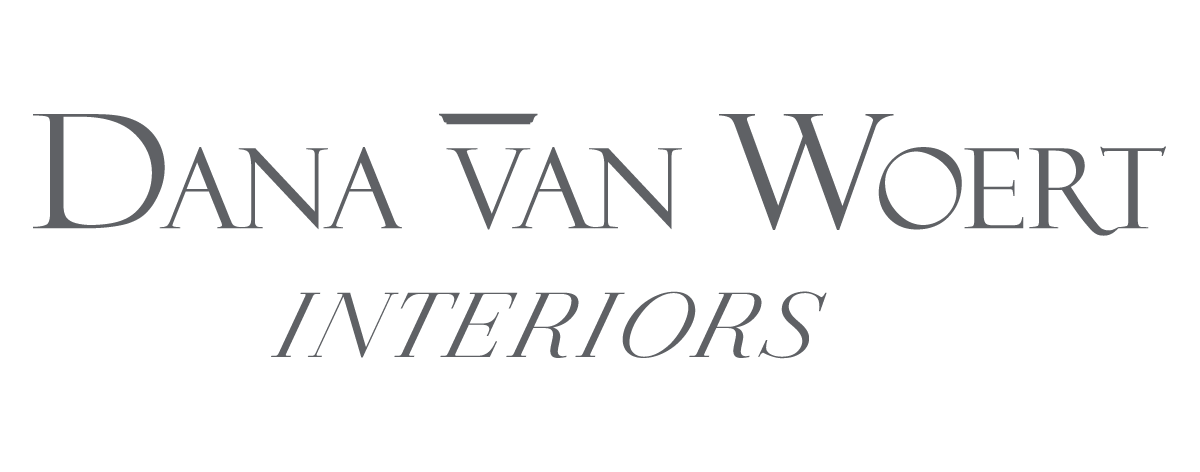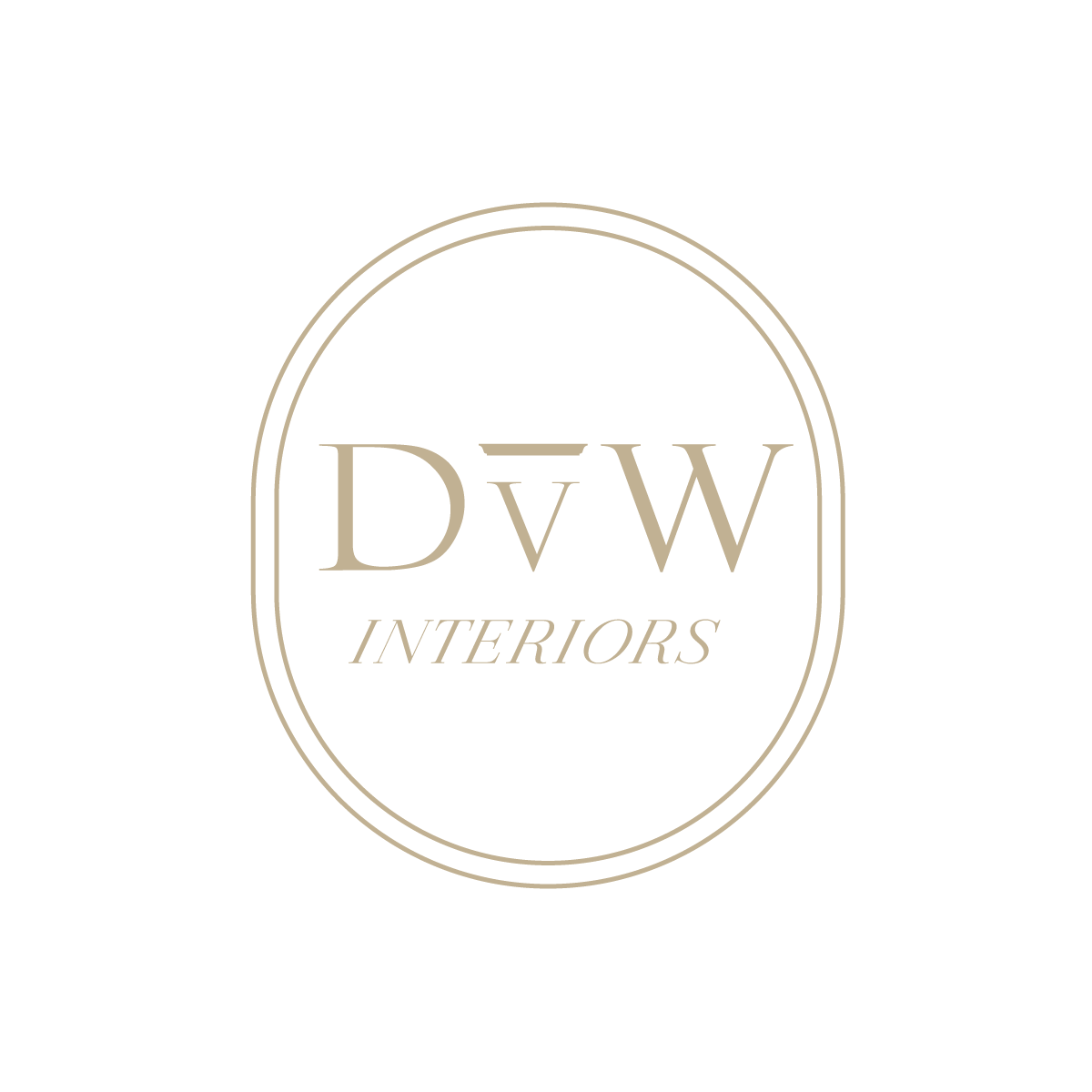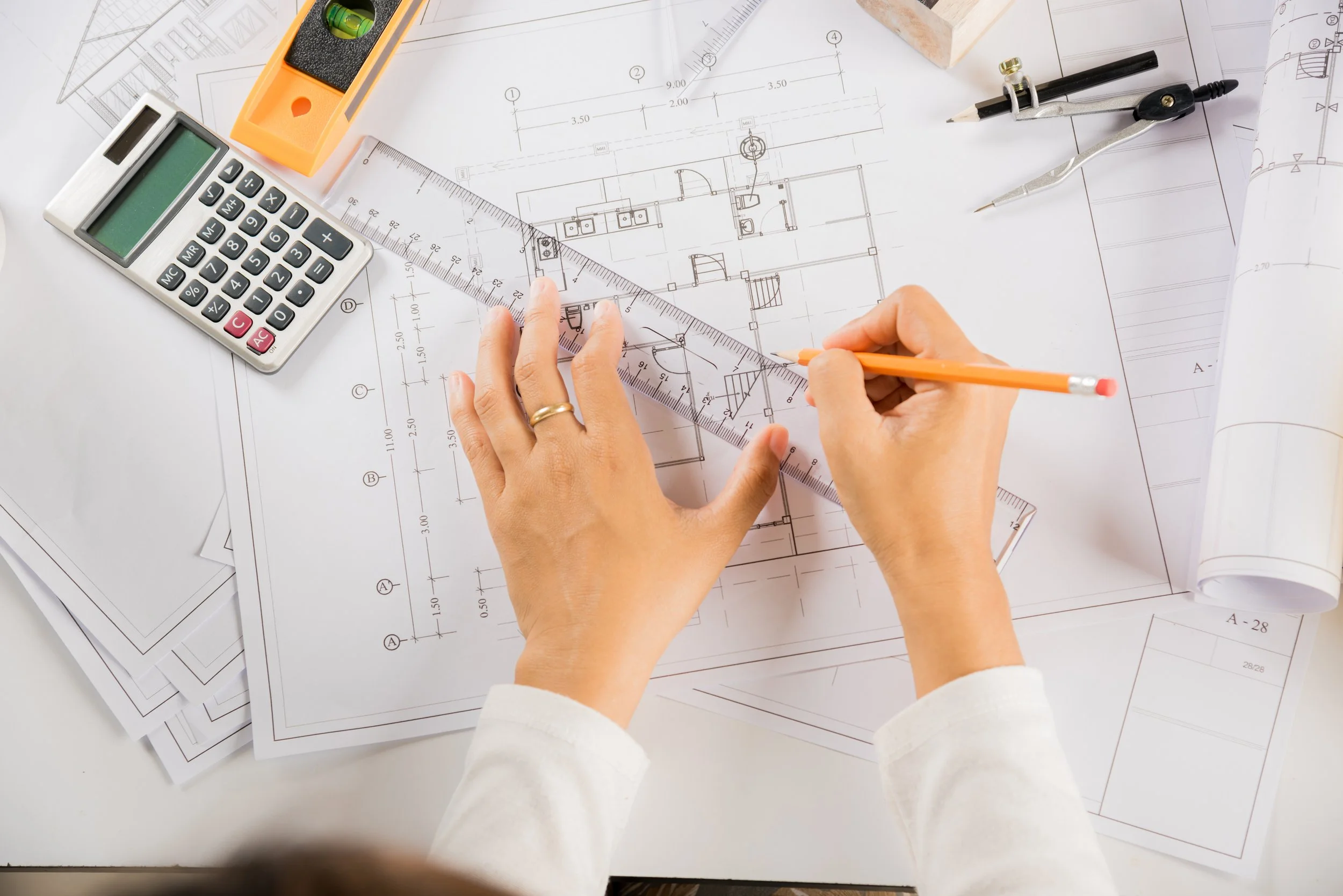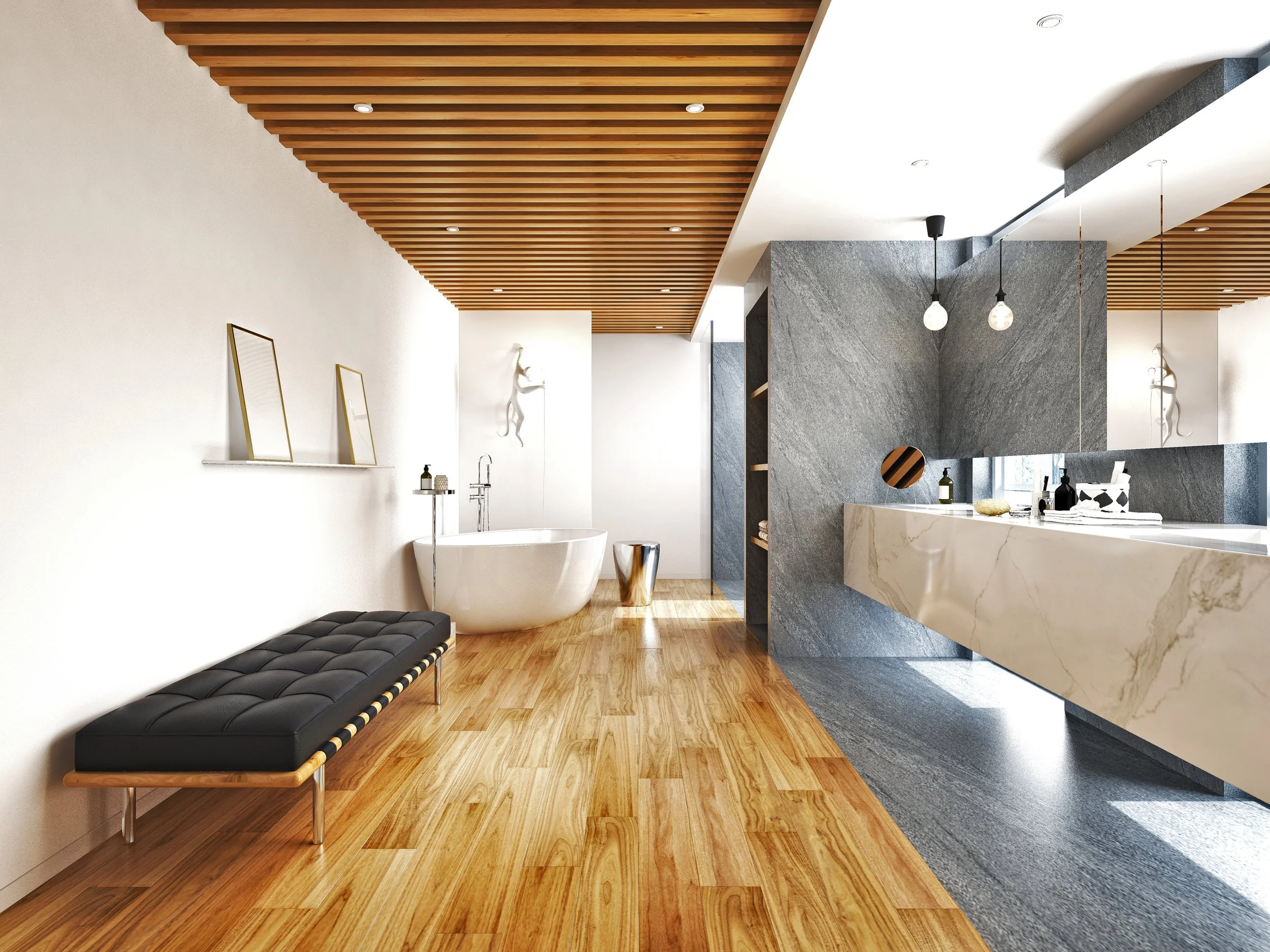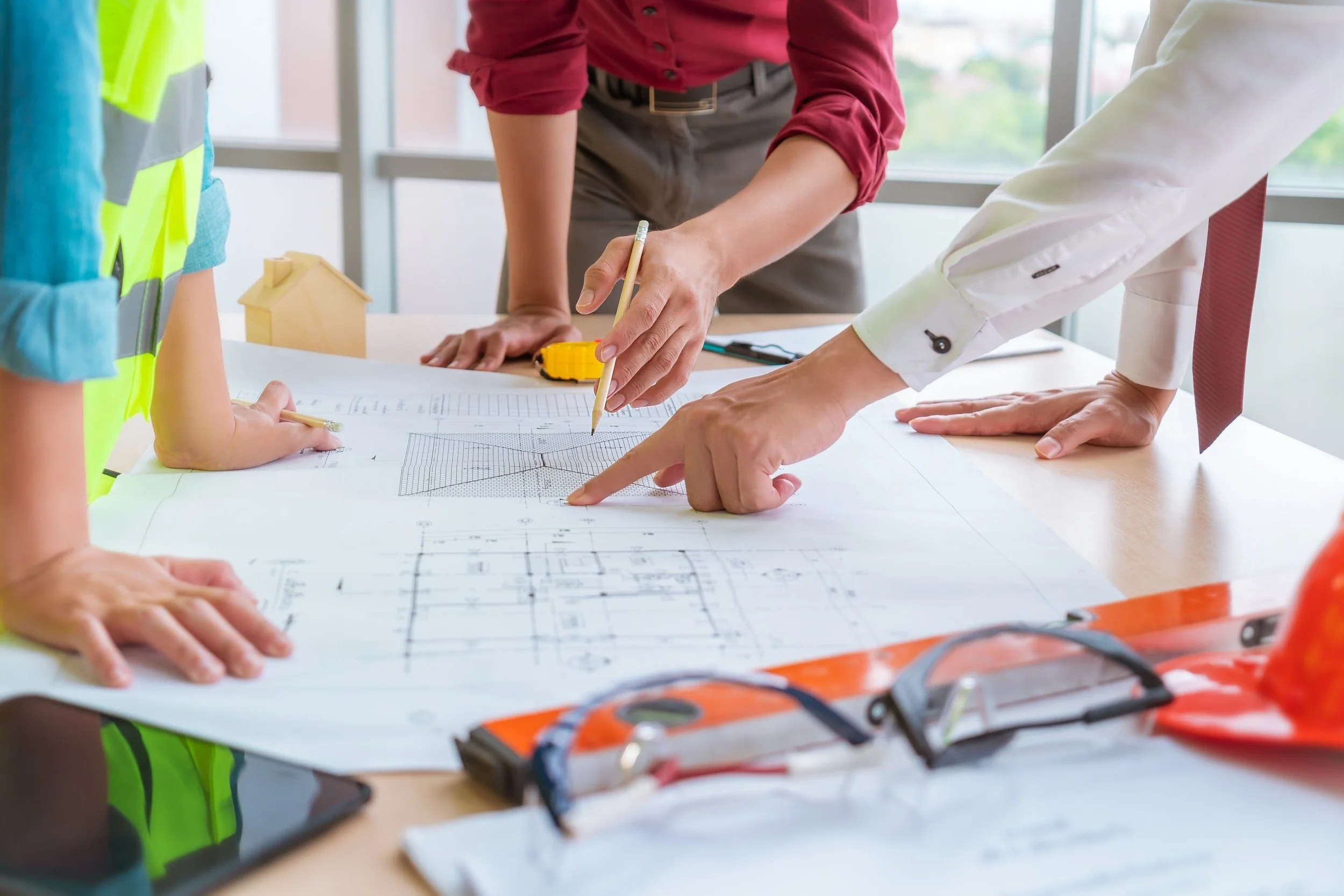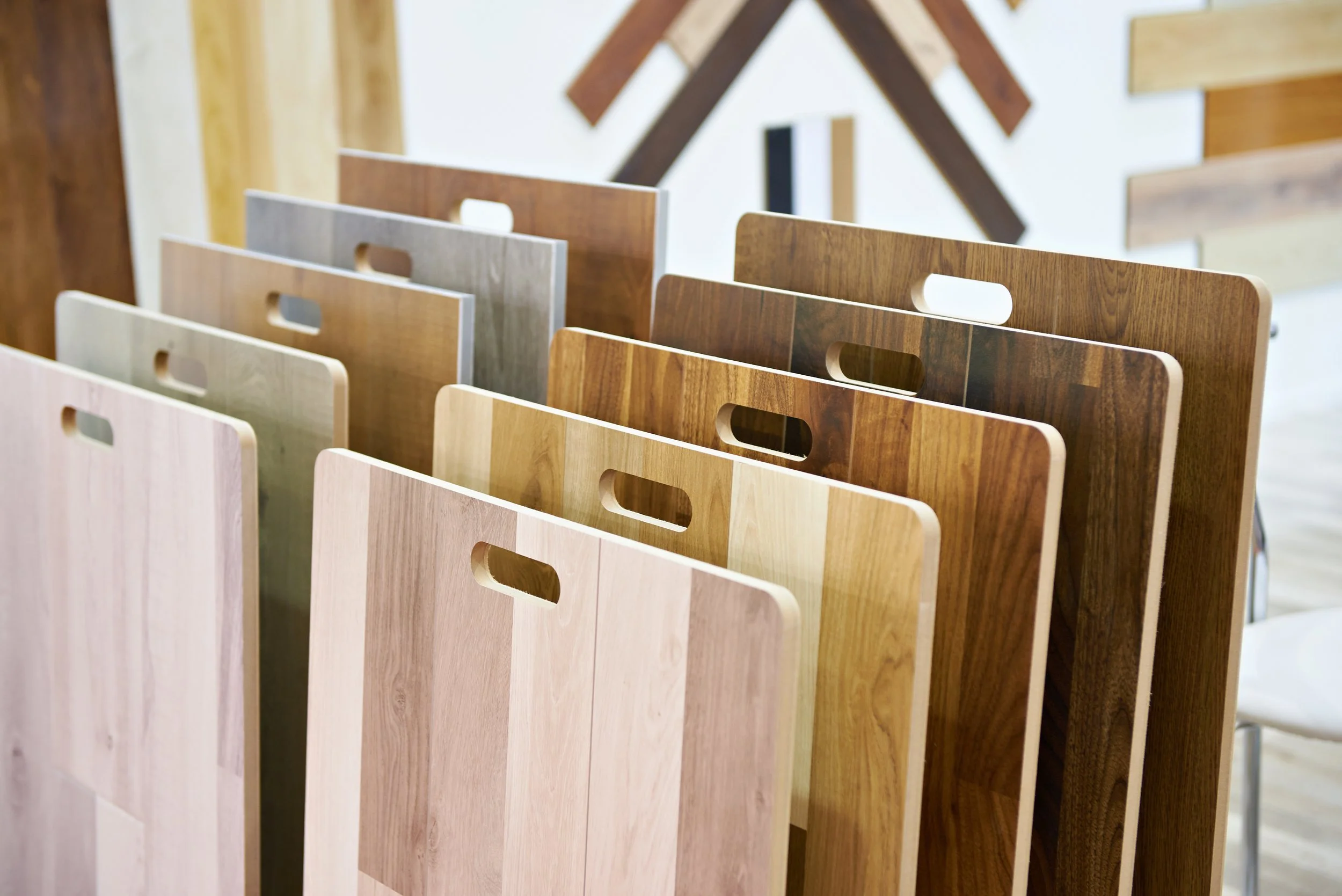Services included when working together.
There are almost always better outcomes when you hire an interior designer. Below is a list of possible services offered in the process & packages for interior design & project management at DVWI.
Design Services
Spatial Planning
Spatial planning in interior design involves arranging physical spaces and elements to optimize functionality and aesthetics. It focuses on the strategic placement of elements to create a seamless and efficient layout. The goal is to enhance usability by ensuring logical connections between different areas, promoting harmonious movement for daily tasks.
Examples
Floor Plans
Rearranging Appliance Layout
Adjusting Passageways, Walls, & Windows
Scale & Proportion Application
Scale and proportion refer to the careful consideration and balance of the size and visual weight of elements within a space to create an aesthetically pleasing environment. Achieving proper balance in scale and proportion is crucial for preventing a room from feeling overcrowded, empty, or unbalanced. A keen understanding of scale and proportion is essential for creating a well-designed and balanced interior.
Examples
The Size Relationship of a Hood Over the Range
Quantity, Size, & Placement of Island Pendants in the Kitchen
Correct Size Furniture for Square Footage & Ceiling Height
Color, Paint, Texture, Material, & Finish Theory
This theory revolves around the strategic integration of these elements to evoke specific emotions, establish a desired ambiance, and enhance the overall aesthetic of a room. The choice of these elements & finishes refines the overall look and feel, culminating in a well-balanced and thoughtfully designed interior that reflects both the practical and aesthetic aspirations of the space.
Examples
Stained Wood Cabinetry Paired with Painted Cabinetry
Polished Finishes Paired with Honed Countertops
Deep Colored Walls with Light Stained Wood Floors
Lighting Design
Lighting design plays a crucial role in interior design, transcending its utilitarian function to become a key element in shaping the ambiance and visual appeal of a space. A well-executed lighting plan enhances the function and overall aesthetic, highlighting architectural features, creating focal points, and influencing the mood within a room.
Different types of lighting, such as ambient, task, and accent lighting, are carefully integrated to meet both functional and aesthetic requirements. Thoughtful consideration of the color temperature, intensity, and direction of light allows designers to manipulate the perception of space, making it feel cozy, expansive, or dynamic. In essence, lighting design should NOT be overlooked when designing your project.
Examples
2” Recessed Light Over Counter for Function, which in turn Accentuates an Upper Cabinet, Creating a Beautiful Form
Layer Multiple Lighting Sources, with Sconces, Pendants, & Chandeliers in Partnership with Overhead Lighting & Under-cabinet Lights
Cabinetry Design
Working with a designer skilled in cabinetry means you gain more than a beautiful look—you gain efficiency, customization, and long-term value. A designer who has expertise in cabinetry can maximize storage, create layouts that support how you actually live, and integrate cabinetry seamlessly into the architecture of your home. From choosing finishes and hardware to coordinating with builders and fabricators, I ensure precision and polish from concept to completion.
Examples
Deep Knowledge of Cabinetry Construction Allows me to Guide You on What Works & What Does Not, From Experience
RTA, Semi-Custom, & Custom Cabinetry Design Experience
Cabinetry Organization Knowledge
Procurement
Procurement is the bridge between design vision and reality. It encompasses sourcing, ordering, coordinating, and storing every piece—furniture, fixtures, finishes, and custom elements—that bring a space to life. At its core, procurement is about ensuring quality, managing budgets, and streamlining logistics so that the design intent translates seamlessly into the finished project as designed. Essentially, a designer experienced in procurement simplifies a complex process.
Value Add Examples
Avoid Costly Mistakes with Orders, Timelines, & Installations
Manage Vendor Relationships, Lead Times, & Deliveries
Reduces Stress for Homeowners & Trades, while Protecting the Project’s Budget & Schedule
Construction Services
Project Management
Project management in interior design is a crucial aspect that ensures the seamless execution of creative concepts within defined timelines and budgets. Interior design projects involve a myriad of tasks, including space planning, material selection, coordination with contractors and vendors, and of course client communication. Effective project management requires a combination of organizational skills, attention to detail, and the ability to navigate challenges that may arise during the process. Project managers play a pivotal role in overseeing the entire project lifecycle, from initial concept development to the final implementation.
Benefits
Timelines Managed & Communicated
Minimized Unforced Errors through Organized Management
Solution-focused Action from a Professional Partner on Your Behalf
Contractor & Builder Partnerships
This relationship is pivotal in the successful execution of any design project. Collaboration between designer & builder ensures that the envisioned design not only meets aesthetic expectations but also adheres to structural and functional requirements. Contractors and builders bring technical expertise to the table, translating design concepts into tangible, well-constructed spaces. Clear communication and a strong working relationship between interior designer and contractor is essential to address any unforeseen challenges during the construction phase, fostering a collaborative problem-solving approach.
Benefits
Collaboration & a Team Approach Throughout the Project Enables the Design Plan to be Executed with High Quality & Accuracy
Vendor Relationships
Having strong vendor relationships offers a myriad of benefits that contribute to the overall success of a project. Firstly, a reliable network of vendors provides access to a diverse range of high-quality materials, furnishings, and decor items, allowing us to offer unique and tailored solutions for you. Our-established rapport with vendors fosters trust, loyalty, and mutual understanding, creating a supportive network that has lead to great outcomes.
Benefits
Preferred Client Perks
Better Customer Service
Access to Remodeler/Builder/Designer Showrooms
Skilled Trade Partnerships
The communication between designers and skilled trades professionals is paramount to the success of any design project. Interior designers communicate best with detailed plans and communication, but it is the skilled trades professionals who bring the plans to life with their technical expertise. Whether it's carpenters, electricians, plumbers, or other trades, their input and craftsmanship are essential in executing the intricate details of a design.
Benefits
Correct Translation of Plans with a Shared Understanding, Knowledge, & Language
A Welcomed Problem-solving Partner on Your Team
Better Quality Control
